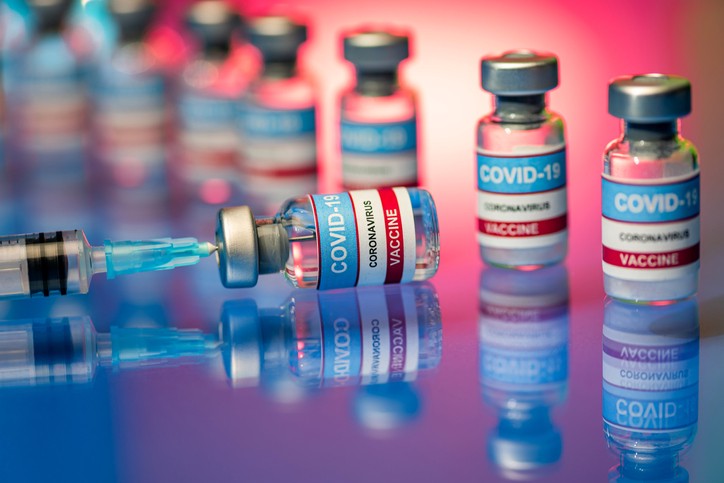This week has been filled with good news headlines about the availability of COVID vaccines. We are being told that beginning April 15 in California (April 6 in New York), anyone over the age of 16 who wants a shot will have access. And access will be much easier, with vaccination sites no further than five miles away. It is a moment to celebrate because a vaccinated public will mean a return to group gatherings — from weddings and graduations to concerts, theater and live sporting events, not to mention lifting capacity limits on everything from dining out to going to the movies or sending our kids to schools.
Despite the availability of vaccines, 25% of the eligible adult population has decided not to take advantage of the opportunity, whether from fear of side effects, distrust of the government or the vaccine, misinformation or the assumption that if everyone else does it they will be fine because of herd immunity. The problem is that herd immunity requires massive participation so the numbers don’t add up. Children make up 22% of the population and the vaccine has not yet been approved for those under 16, although, Pfizer has just announced its vaccine is 100% effective in kids 12 and older, potentially making them eligible by the next school year.
This is important because we’re starting to see another wave of infection. The rates of hospitalizations are rising and unfortunately that means the death rates will rise as well. We still need to wear masks and keep socially distanced.
So what’s the solution? As storytellers, it’s a challenge. In our politicized environment, there will be no one size fits all message. Instead of a national campaign, it will require outreach at the local level, fine tuned to community concerns, which is already underway. It will also take each and every one of us telling our own stories about why we are excited to get the shot, how it liberated us from the mental lockdown we’ve been experiencing this last year and what we are looking forward to when life becomes more normal. It will also take listening to why family and friends are afraid. We need to reassure them that whatever side effects we had were so worth it to not have to worry about the consequences of getting sick. Furthermore, we can’t be judgemental.
Not getting a vaccine has consequences. There have been stories about people dying of COVID just a week or two before they were scheduled for a vaccine. For many of us, it’s not just a story, it’s personal. Years ago, in the 1950s, the polio vaccine was transformative for a generation, the subject of a new film, Splendid Solutions, about Jonas Salk starring Jeremy Strong, just announced by our client Bron Studios. MPRM partners Mark Pogachefsky and Rachel McCallister both have a personal connection. The polio vaccine was too late for Mark’s grandfather, whose polio-related disability impacted the family for the next 50+ years. Although it was developed in time for Rachel’s husband, for whatever reason, his parents did not have him vaccinated and unfortunately he too contracted polio. Recovery required years of physical and speech therapy for an act that he now considers unconscionable. Unlike many of his generation, his physical recovery was complete although he still has some speech issues. It didn’t need to happen.
An African proverb made famous by Hillary Clinton, it takes a village to raise a child, couldn’t be more relevant. We have learned that it takes a community to deal with COVID. Each of us has to do our part, getting vaccinated, wearing masks, keeping our distance and encouraging everyone we know to get their shots. In order to enjoy the company of friends and family it means not throwing caution to the winds. Our lives and livelihoods depend on it.
* * *
